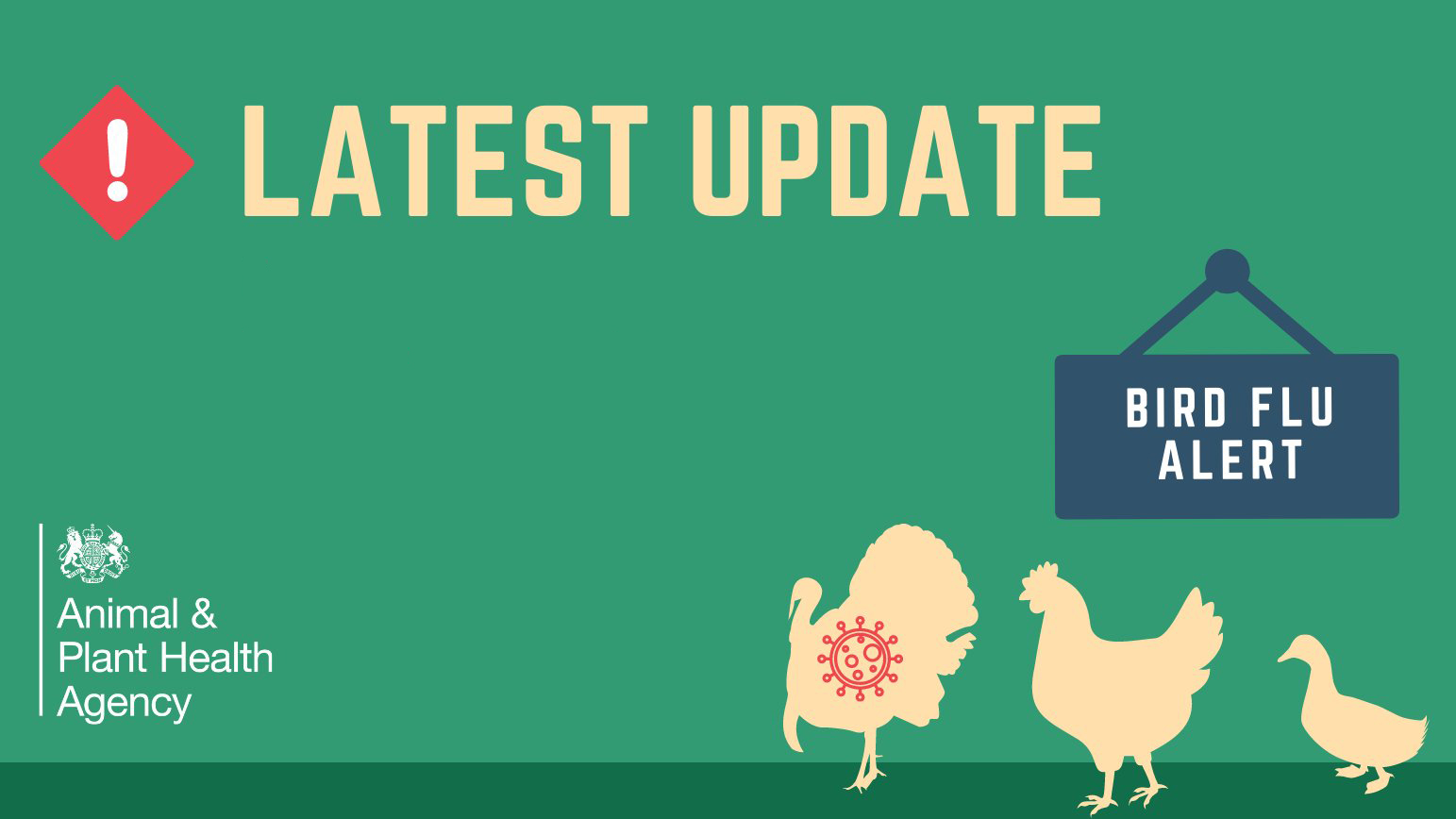
A case of avian influenza (bird flu) H5N1 has been confirmed in poultry at premises near Mablethorpe in East Lindsey. Other cases have also been confirmed near Alford and Skegness.
A 3km Protection Zone and 10km Surveillance Zone have been put in place around each premises.
Officers from Lincolnshire Trading Standards will be working with identified bird keepers in the affected area. Beware doorstep scammers; our officers will be carrying ID, they will not ask for any money or bank details, and they will not ask to enter the premises.
For more information about the current situation, please see Defra’s rolling news story.
If you own birds
If you suspect any type of avian influenza in poultry or captive birds you must report it immediately by calling the Defra Rural Services Helpline on 03000 200 301.
It is currently a legal requirement to keep your birds indoors. It is also vital that you maintain strong biosecurity to limit the risk of the disease spreading.
Find further biosecurity advice on the Animal and Plant Health Agency website.
If you have not already, you should register your poultry, even if only kept as pets, so you can be contacted you during an outbreak locally. This is a legal requirement.
Public health
The UK Health Security Agency (UKHSA) has said that avian influenza is primarily a disease of birds and the risk to the general public’s health is very low.
The Food Standards Agency has said that on the basis of the current scientific evidence, avian influenza poses a very low food safety risk for UK consumers. Properly cooked poultry and poultry products, including eggs, are safe to eat.
Find more advice for members of the public on the Animal and Plant Health Agency website.
Wild birds
Do not touch or pick up any dead or visibly sick birds that you find.
If you find dead wild waterfowl (swans, geese or ducks) or other dead wild birds, such as gulls or birds of prey, you should report them to the Defra helpline on 03459 33 55 77.
Defra will then collect some of these birds and test them to understand how the disease is distributed geographically and in different types of bird.
Not all birds will be collected and those that aren’t, it is the landowner’s responsibility to safely dispose of the carcases.
